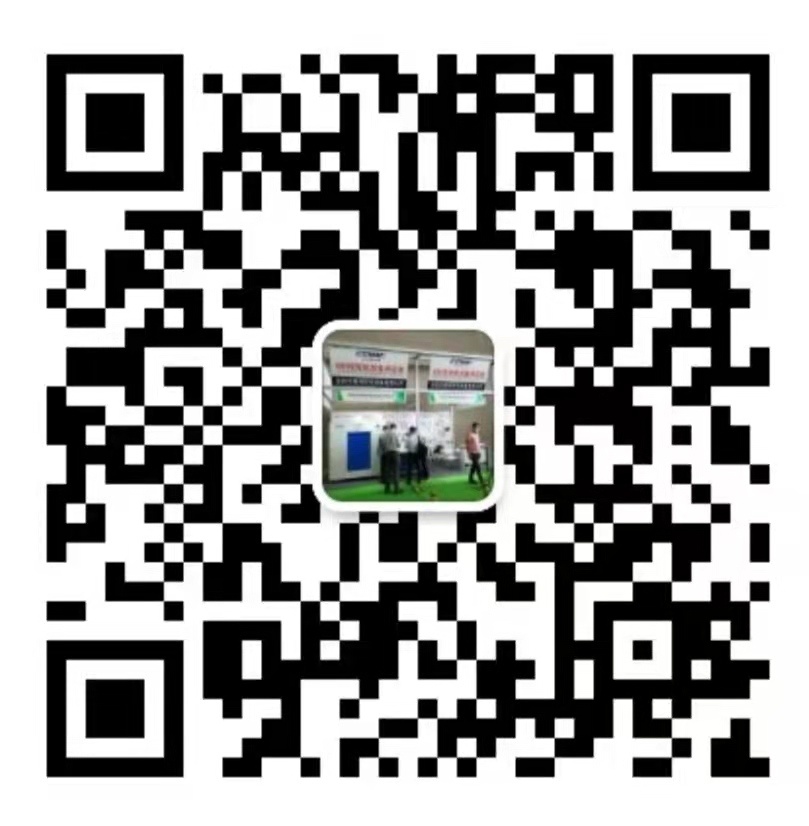The Role of Customized X-ray in Revolutionizing Industrial Applications
2025-09-10 12:20
In the realm of non-destructive testing (NDT), customized X-ray industrial applications are rapidly becoming essential tools for various sectors. This technology allows for the examination of materials and structures without causing any damage, making it invaluable for industries such as aerospace, automotive, manufacturing, and construction.
Customized X-ray systems provide tailored solutions based on specific industry needs, enabling more effective inspections and assessments. For example, in the aerospace industry, where safety is paramount, these systems can detect minute defects in critical components like turbine blades or fuselage sections. By identifying these issues early, companies can take corrective measures, thus preventing potential failures and ensuring passenger safety.
Moreover, the versatility of customized X-ray applications means they can be adapted for different materials, thicknesses, and geometries. This flexibility is crucial in sectors such as automotive manufacturing, where components vary significantly in size and complexity. Customized X-ray systems can be programmed to focus on particular areas of interest, improving the accuracy of inspections and reducing the time needed for testing.
Another significant advantage of customized X-ray technology is its ability to integrate with existing quality control processes. By incorporating real-time imaging data into production workflows, manufacturers can make immediate decisions about material suitability and product quality. This integration not only boosts efficiency but also enhances overall product reliability.
Furthermore, advancements in imaging technology have led to enhanced clarity and resolution in X-ray images. This improvement allows for the identification of smaller defects that may have gone unnoticed with traditional inspection methods. As industries strive for higher quality and safety standards, the demand for such precise inspection techniques is on the rise.
Training and expertise are also critical components in leveraging customized X-ray industrial applications effectively. Companies must invest in skilled personnel who understand how to operate these advanced systems and interpret the data accurately. This ongoing education ensures that businesses maximize their investment in NDT technologies while maintaining compliance with industry regulations.
In summary, customized X-ray industrial applications are revolutionizing the way industries approach non-destructive testing. Their flexibility, precision, and integration capabilities make them indispensable in today’s quality-driven environment. As technology continues to advance, we can expect further innovations that will enhance the effectiveness of X-ray inspections, ultimately leading to safer and more reliable products across various sectors. Embracing these advancements is not just an option but a necessity for businesses aiming to stay competitive in an ever-evolving marketplace.
Customized X-ray systems provide tailored solutions based on specific industry needs, enabling more effective inspections and assessments. For example, in the aerospace industry, where safety is paramount, these systems can detect minute defects in critical components like turbine blades or fuselage sections. By identifying these issues early, companies can take corrective measures, thus preventing potential failures and ensuring passenger safety.
Moreover, the versatility of customized X-ray applications means they can be adapted for different materials, thicknesses, and geometries. This flexibility is crucial in sectors such as automotive manufacturing, where components vary significantly in size and complexity. Customized X-ray systems can be programmed to focus on particular areas of interest, improving the accuracy of inspections and reducing the time needed for testing.
Another significant advantage of customized X-ray technology is its ability to integrate with existing quality control processes. By incorporating real-time imaging data into production workflows, manufacturers can make immediate decisions about material suitability and product quality. This integration not only boosts efficiency but also enhances overall product reliability.
Furthermore, advancements in imaging technology have led to enhanced clarity and resolution in X-ray images. This improvement allows for the identification of smaller defects that may have gone unnoticed with traditional inspection methods. As industries strive for higher quality and safety standards, the demand for such precise inspection techniques is on the rise.
Training and expertise are also critical components in leveraging customized X-ray industrial applications effectively. Companies must invest in skilled personnel who understand how to operate these advanced systems and interpret the data accurately. This ongoing education ensures that businesses maximize their investment in NDT technologies while maintaining compliance with industry regulations.
In summary, customized X-ray industrial applications are revolutionizing the way industries approach non-destructive testing. Their flexibility, precision, and integration capabilities make them indispensable in today’s quality-driven environment. As technology continues to advance, we can expect further innovations that will enhance the effectiveness of X-ray inspections, ultimately leading to safer and more reliable products across various sectors. Embracing these advancements is not just an option but a necessity for businesses aiming to stay competitive in an ever-evolving marketplace.
LATEST NEWS


